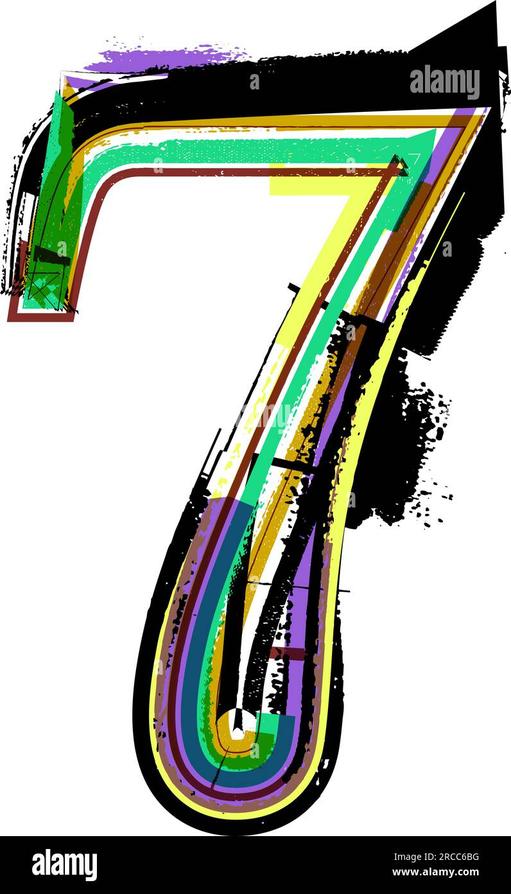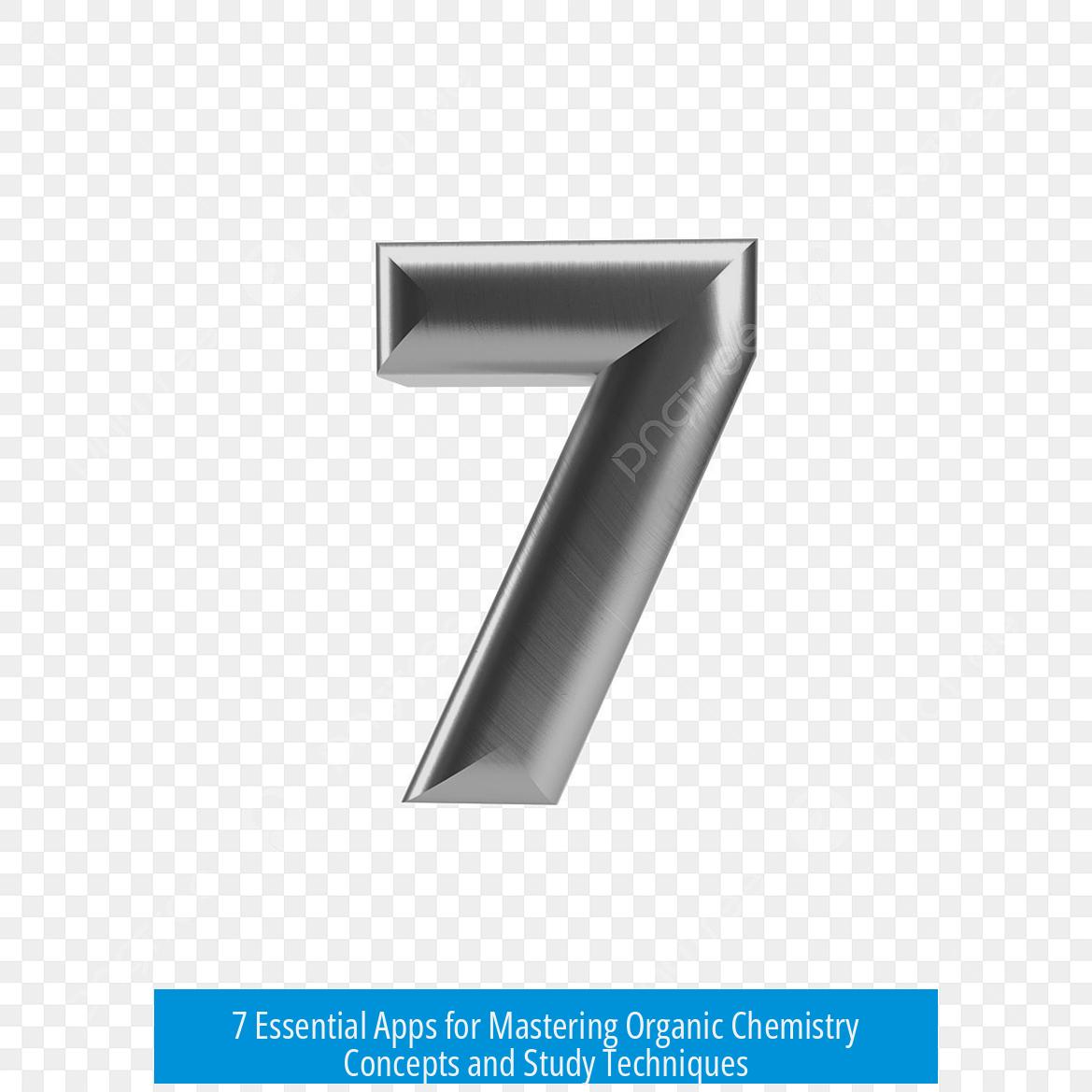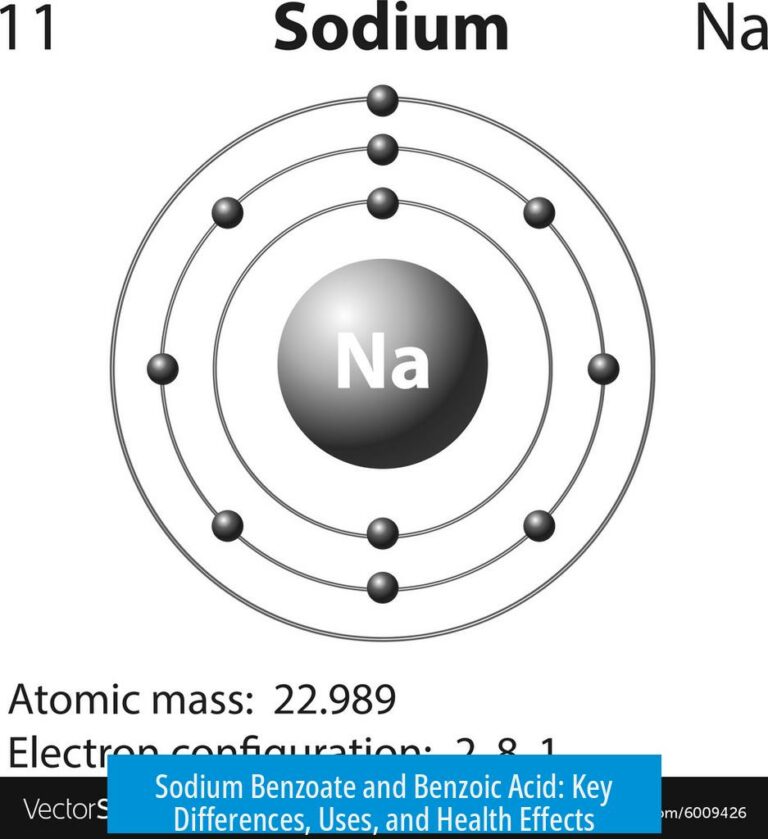7 EXTREMELY Helpful O-Chem Apps for Students
Organic chemistry apps provide vital support for mastering complex concepts. These seven apps enhance learning, assist problem-solving, strengthen memorization, and improve understanding of organic chemistry.

1. Anki Flashcards for Organic Chemistry Reagents
Anki is a powerful flashcard app grounded in spaced repetition. It helps students memorize and recall large amounts of information effectively.

In organic chemistry, remembering reagents is critical. The first semester introduces many reagents, and knowledge from O-Chem I remains essential in O-Chem II, especially for multi-step synthesis problems.
- Create flashcards for every reagent encountered.
- Include structure, function, and reaction type.
- Regular review strengthens long-term knowledge retention.
This strategy reduces overwhelm and rapid forgetting, common struggles for organic chemistry students.

2. OrganicChemMaster.com: An Interactive Learning Website
OrganicChemMaster.com is a comprehensive web platform designed to engage students in organic chemistry through interactive tools and resources.

2.1 Drawing/Design Tool
The molecule drawing tool enables construction of organic molecules while following bonding, hybridization, and steric rules.

- Zoom features allow detailed inspection of complex molecules.
- Instant generation of IUPAC names improves naming skill.
- Direct links to Google and PubChem aid in research.
2.2 Pathways Page
Students can explore common and custom organic pathways. The platform covers major metabolic cycles such as the Calvin Cycle and others.

2.3 Reactions Page
Detailed reaction pages explain key organic reactions, e.g., Friedel-Crafts Acylation and catalytic reductions with hydrogen and palladium.

- Users can see reaction rules and mechanisms.
- Prediction feature shows reaction products for different substrates.
2.4 Reaction Solver Feature
This unique tool assists users in finding synthesis pathways between specified starting and target organic molecules.
It is particularly useful for tackling difficult synthetic problems without searching broadly online.
2.5 Home Page
The homepage highlights common molecules and reaction pathways, offering quick learning and revision options.
3. Other Essential O-Chem Apps
Several additional apps offer focused learning opportunities through varied features:
| App Name | Function |
|---|---|
| ReactionFlash | Visual learning of organic reactions with clear graphics |
| ChemTube3D | Explore 3D organic reaction mechanisms |
| Organic Chemistry Reactions: Quiz & Learn | Interactive quizzes and learning modules |
| Magoosh Chemistry Flashcards | Flashcards tailored for chemistry concepts including organic chemistry |
| Organic Chemistry Challenge | Gamified quizzes breaking down organic chemistry topics |
4. Organic Chemistry Challenge App
This app subdivides organic chemistry topics into manageable areas, allowing progressive learning.
While its name suggests difficulty, the app uses engaging methods to make learning more accessible. It helps build a strong conceptual foundation.
The challenge mode motivates students to test themselves with problems suited to their level.
5. Benefits of Using O-Chem Apps
These apps serve many purposes beyond simple study aids.
- Enable learning anytime, anywhere with mobile and web access.
- Reduce study time by organizing concepts efficiently.
- Improve comprehension through visual and interactive content.
- Help students focus during study sessions and optimize their time.
Apps help to consolidate knowledge, prepare for exams, and stay engaged with material that can feel overwhelming.
6. Advanced Features Supporting Learning
Some apps extend their usability with extras such as:
- Writing and drawing out organic structures, including aromatic and benzene rings, functional groups, and complex molecules.
- Access to databases for deeper research.
- Step-by-step synthesis planning tools.
These features support active learning, an important approach in organic chemistry education.
7. OpenOChem’s Organic Chemistry Apps
OpenOChem provides apps targeted at both current students and those preparing for exams like the MCAT, PCAT, OAT, and DAT.
Developed by award-winning chemists, these apps focus on the core skills needed for success in organic chemistry.
They offer comprehensive resources suitable for one-year organic chemistry sequences or review purposes.
User Feedback and Community Endorsements
Feedback from students highlights the usefulness of these apps. Many express gratitude for the tools after completing initial organic chemistry courses.
Students find these resources helpful for both learning new material and revising prior knowledge.
Common Challenges Addressed by O-Chem Apps
Many students experience difficulty solving organic chemistry problems quickly and accurately.
Apps with reaction solvers and interactive quizzes help mitigate this challenge by providing guided assistance and instant feedback.
Improved problem-solving skills arise as students gain confidence using these resources.
Summary: Key Takeaways
- Anki flashcards facilitate effective memorization of essential reagents.
- OrganicChemMaster.com offers integrated tools for molecule design, reaction understanding, and synthesis planning.
- Additional apps like ReactionFlash and ChemTube3D provide focused visual and 3D learning experiences.
- The Organic Chemistry Challenge app supports incremental learning with quizzing and gamification.
- These applications enhance study flexibility, deepen understanding, and improve problem-solving skills.
- Advanced features such as structure drawing and metabolic pathway exploration enrich learning beyond textbooks.
- Support from community feedback shows these apps are valuable tools for both beginners and advanced learners.
7 EXTREMELY Helpful O-Chem Apps: Your Ultimate Study Sidekicks
Organic chemistry—a subject often described as a maze of molecules, reactions, and headaches. But what if you could carry a pocket-sized helper, ready to zap your study struggles into shape? *Here’s the truth: You can.*
These 7 o-chem apps are not just flashlights; they’re high-beam headlights illuminating your path to organic chemistry success. From mastering pesky reagents to solving complex synthesis problems, these tools have your back.
1. Anki Flashcards for Organic Chemistry Reagents
If memorizing reagents feels like trying to catch jellyfish (slippery and overwhelming), Anki Flashcards swoops in like a life raft. The trick? Convert every reagent you encounter into a flashcard—from your first organic chemistry class all the way through the multi-step syntheses in advanced courses.
A student once shared, “I was so overwhelmed by so many reagents.” His advice? Start early and keep drilling with Anki. It’s not just about memorization but making familiarity second nature. Because once you stop forgetting reagents, those multi-step syntheses start looking a lot friendlier.
2. OrganicChemMaster.com – The Swiss Army Knife of O-Chem Apps
This website is a powerhouse that integrates numerous learning tools. It’s kind of like having a private tutor and a molecular modeling lab in one place. The breakup:
- Drawing/Design Tool: Build complex organic molecules with accurate bonding, hybridization, and steric considerations. Zoom in and out. It even spits out the IUPAC name instantly and links you to Google and PubChem for quick research.
- Pathways Page: Explore organic pathways, including essential metabolism routes like the Calvin Cycle. Mapping out these pathways helps solidify how molecules transform in nature and labs alike.
- Reactions Page: Get the lowdown on reactions like Friedel-Crafts Acylation or Catalytic Reduction with Palladium. Learn all rules and even predict outcomes on your molecule of interest. No more guessing games.
- Reaction Solver Feature: Struggling with a tricky synthesis? Input your start and target molecules, and this tool helps find a route. It’s like a GPS for your chemical journey.
- Home Page: Perfect for beginners. View common organic molecules and reaction pathways in a simplified, approachable format.
The best part? It’s free and online, ready to boost your study sessions whenever you need it.
3. ReactionFlash – Visual Learning for Organic Reactions
Organic reactions can look like an intimidating dance. ReactionFlash makes learning them visual and interactive. You see the reagents, the intermediate steps, and the products–all through animations that keep your eyes glued and your brain clicking.
4. ChemTube3D – Explore Mechanisms in Three Dimensions
What’s better than understanding a mechanism? Seeing it pop out of the screen! ChemTube3D offers interactive 3D animations of reaction mechanisms. It’s a nifty way to grasp electron flow and spatial arrangement — otherwise tricky concepts stuck flat on paper.
5. Organic Chemistry Reactions: Quiz & Learn
Testing yourself is key, and this app brings quizzes right to your fingertips. Interactive and user-friendly, it quizzes you on reaction types, reagents, and mechanisms. Pro tip: Consistent short quizzes beat marathon cramming.
6. Magoosh Chemistry Flashcards
Sure, flashcards aren’t new, but Magoosh spices them up with a sleek mobile interface and focused chemistry content — perfect for quick reviews between classes or while waiting in line. Handy, efficient, and portable.
7. Organic Chemistry Challenge – Intimidating Name, Friendly App
Despite its daunting title, Organic Chemistry Challenge is a gem. It divides the subject into manageable sections and offers practice questions with hints and detailed explanations. This stepwise approach helps transform confusion into clarity.
Why Are These Apps Game Changers?
Organic chemistry often feels like a marathon of memorization, synthesis, and problem-solving. These apps all tackle different bumps along the way:
- Memory boosts: Anki and Magoosh flashcards help retain reagents and reactions.
- Visual learning: ReactionFlash and ChemTube3D offer animations that bridge theory and practice.
- Comprehensive tools: OrganicChemMaster.com covers everything from drawing molecules to cracking tough synthesis puzzles.
- Practice and challenges: Organic Chemistry Challenge and Organic Chemistry Reactions quiz you, cutting down learning time and making concepts stick.
One student shared, “Just finished Organic 1 but I’ll definitely check these out next semester!” Their enthusiasm captures the growing consensus — these apps are worth exploring, especially if you want to “study smarter, not harder.”
What About Problem Solvers?
A common cry in O-chem: “Is there any app that solves organic chemistry problems for me?” Unfortunately, there’s no magic wand that answers all problems instantly. But apps like OrganicChemMaster.com’s reaction solver come close. It helps you map pathways step-by-step, guiding instead of giving dry answers. This approach fosters understanding rather than blind copying.
It’s like learning to cook: you don’t want to just follow the recipe, but also understand how each ingredient changes the dish. Same with organic chemistry—grasp the “why” and “how” to ace your exams and labs.
Final Recommendations
- Start simple: Use Anki for reagents right from Day 1.
- Get interactive: Dive into OrganicChemMaster.com to build and explore molecules.
- Visualize: Use ReactionFlash and ChemTube3D to grab mechanisms vividly.
- Self-check: Test yourself often with quizzes and challenges.
- Don’t rush: Use the reaction solver tool for tricky synthesis, but always aim to understand each step.
By layering these apps into your daily study routine, organic chemistry becomes less of a brutal beast and more of an intriguing puzzle. Are you ready to make your studies smarter?
What is the best way to use Anki Flashcards for organic chemistry reagents?
Create flashcards for every reagent you encounter in O-Chem I. This builds familiarity and helps with retention since many reagents carry over to O-Chem II and advanced synthesis problems.
How does OrganicChemMaster.com help with learning organic chemistry?
It offers tools to draw molecules with correct bonding rules, explore reaction pathways, and predict reaction outcomes. You can also find synthesis routes between compounds using its reaction solver.
Which apps are recommended for visualizing organic chemistry reactions?
ReactionFlash for learning reactions visually and ChemTube3D for exploring 3D reaction mechanisms are highly useful for better understanding reaction steps.
Can the Organic Chemistry Challenge app help with difficult topics?
Yes, it breaks down organic chemistry into manageable parts and provides quizzes and challenges to reinforce knowledge. It is effective even if its name sounds intimidating.
Are there apps that assist with time management and study focus in organic chemistry?
Several apps mentioned help students stay organized and improve focus, allowing more efficient study sessions and better understanding at any time or place.





Leave a Comment